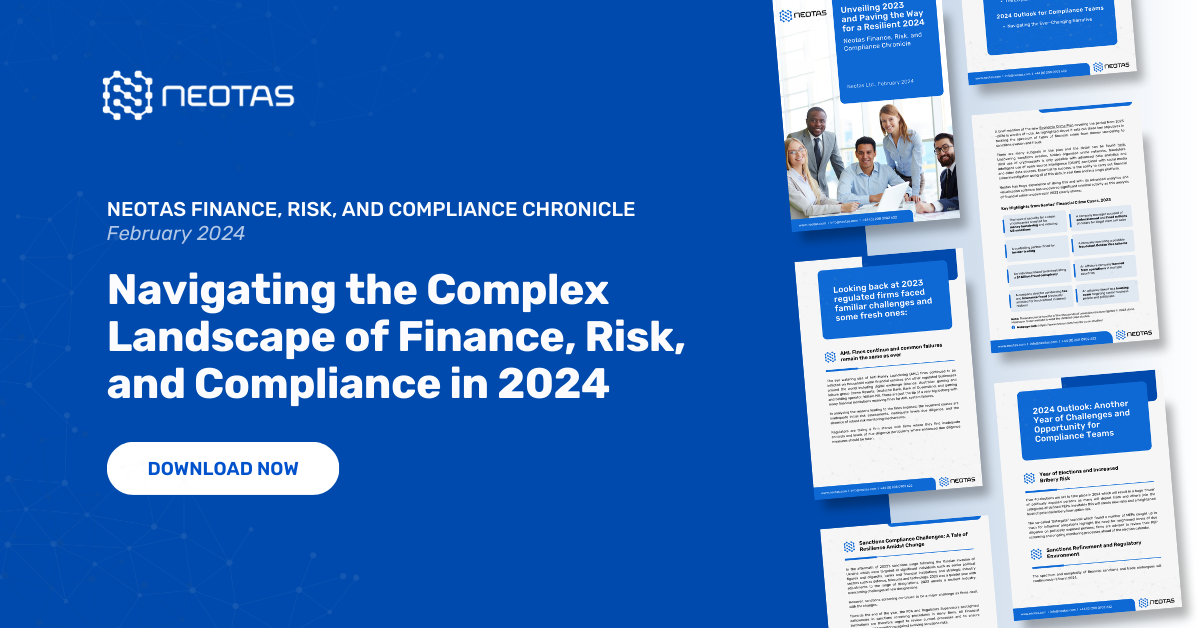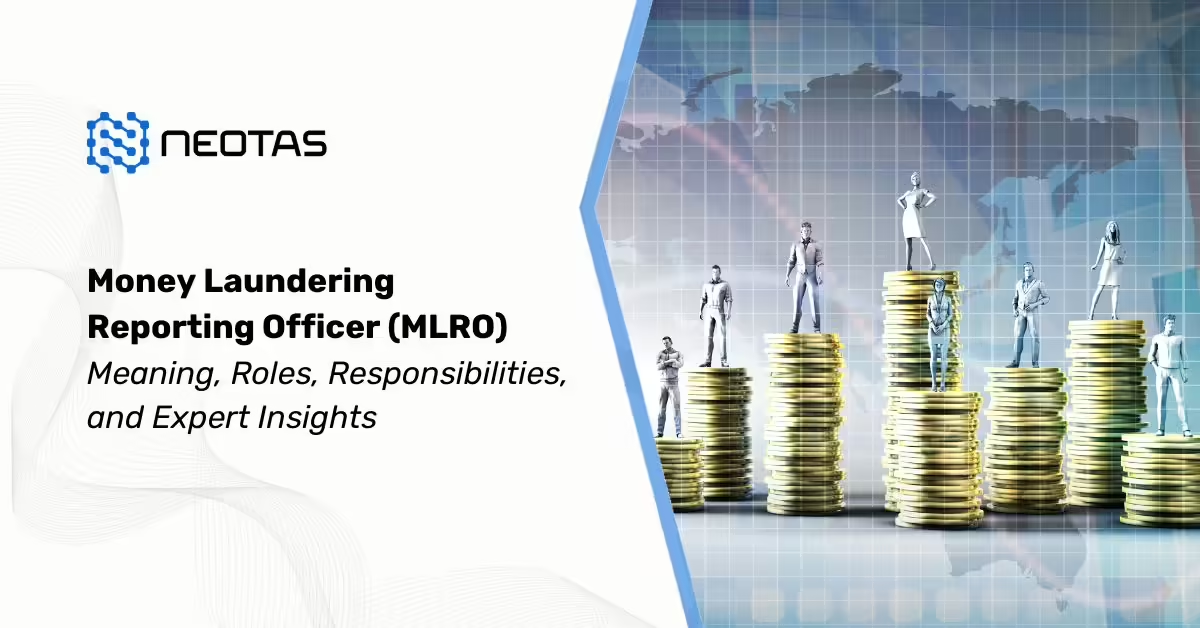For many students across the country (including myself), an exciting new chapter of our life is about to begin as we head off to University. Anticipation builds as the day’s countdown to the infamous “freshers’ week”, and we are constantly reminded of the dangers that could arise once at University. But, while still in the safety and comfort of our own home, we could already be exposing ourselves to various risks online without even realising.
After being bombarded with welcome e-mails once my place was confirmed, I was encouraged to join various Facebook groups to get a head start on meeting new friends. The first thing I did (which I’m sure many others also did) after joining these groups was to look at the profiles of other members. I was eager find out what I could about the people I would be studying and living alongside for the next few years.
While for the majority this is merely an innocent act of curiosity, it could be more sinister.
8.3% of women and 6.8% of men had been subject to obsessive behaviour while at University. Trinity College Dublin Student Union’s sexual consent survey
The accessibility and visibility of other people’s lives through social media – which has blossomed with our generation of millennials – could potentially be an enabler for anyone wishing to target a student. Specifically, the use of geo-tags or Snapchat Maps (which updates your location when Snapchat is open on your device) is a cause for concern. It allows people to pinpoint your location at any given time and potentially figure out your exact routine and timetable as well as where you live and spend most of your time.
“Social media…acts as a catalyst for harassment” – Dr Frank Farnham, consultant forensic psychiatrist at National Stalking Clinic in Enfield
Although it is easy to become drawn in by the excitement of it all, adding your future flat mates on social media sites gives them full access to your personal details, even though you have never met them before. Social media profiles can be used to build an initial judgment of someone, however it may not be a true reflection of all aspects of their character. Unbeknown to you, they could have obsessive tendencies which could expose you to risks such as malicious attacks.
Another area of concern is that many of these “freshers” Facebook groups are public, which allows anyone to join them. In truth, I don’t even know whether all the members (and there are thousands of them) are legitimate students at my University. To avoid potential danger, try to ensure that the Facebook groups are official and have admins who monitor them so that you are receiving all the correct information about the start of your life at University.
Despite these potential risks, it is naïve to believe that social media will not still be a prominent part of our lives. We should seek to find the equilibrium between the visibility of our social media and the level of risk we are exposing ourselves to so that the conflicting aspects are balanced. By highlighting these areas of concern, hopefully we can improve our own safety as well as our peers.
Follow this 3-step guide to ensure that only those you personally approve have access to your Facebook profile and review & update your Privacy settings by visiting the channels’ Privacy & Security Help Centres.
~Christy Howard



 Financial Crime Compliance Trends 2024
Financial Crime Compliance Trends 2024












